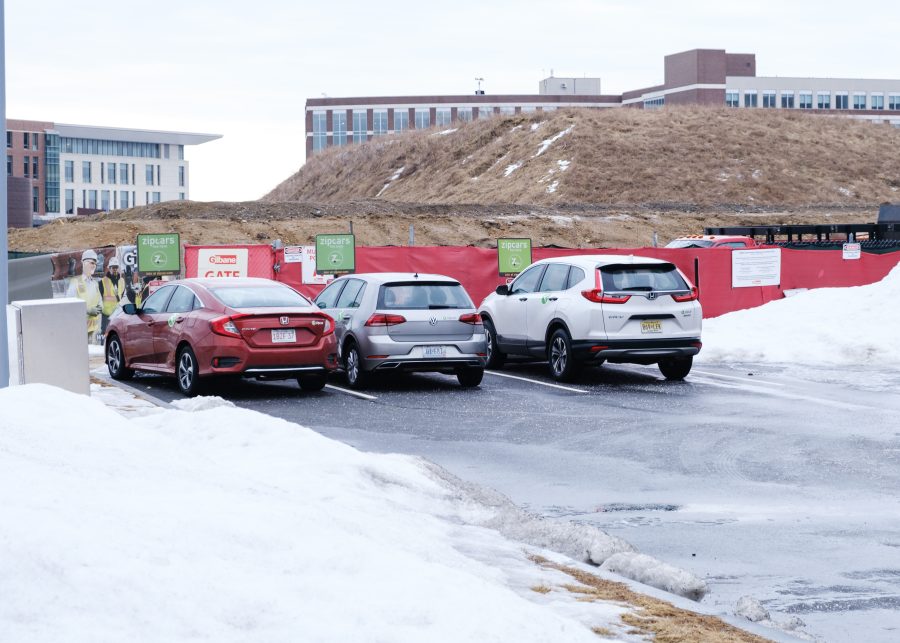The aftermath of the snowstorm on Jan. 28 and 29 has left Boston drivers scrambling to save their city parking. Mayor Michelle Wu foresaw these issues arising from the weather predictions for Boston’s winter season and decided to continue the policy of 48-hour spot savers after major storms that require state of emergency responses for spots that one has dug out themselves. The policy excludes parking in the South End.
The spot saver rule was initially implemented in 2005 by former Mayor Thomas Menino but has consistently been met with backlash.
In the past, this policy has been viewed as a hazard as violence, vandalism and threats seem to accompany it. In 2018, following a blizzard that had Boston covered in 12.6 inches of snow, former Mayor Marty Walsh came close to discontinuing the policy saying: “The space isn’t your space, meaning that you did the work to get your car out, but…it’s a city street…when people threaten people, if that continues to happen, we will end that rule.” However, following support for the policy, Walsh backed down.
On Jan. 6, Wu spoke with GBH News regarding an ongoing “perennial debate” over the spot savers policy, but ultimately decided with the upcoming storms, the policy will remain in effect until further notice. With the increased access to snowplows, totaling over 700, Wu anticipated that the vehicles, accompanied with the 48-hour policy rule, would be enough to keep parking in the city at bay. However, that too appears up for debate.
After the most recent snowstorm, space savers were unauthorized after the morning of Wednesday, Feb. 2—48 hours after the storm had passed. However, many objects remained in spots as an attempt to claim them. Legally, removing space savers was permitted after Wednesday morning, however some experienced intense repercussions for doing so.
Troy Stefanski took a chance Thursday night, over 24 hours after the allowance ended, by removing a spot saver in South Boston. Stefanski came home late Thursday, saw his own spot saver had been removed, so he removed someone else’s and took that spot. By Friday morning, Stefanski’s passenger side mirror was ripped off along with a windshield wiper blade, and a note was left on his car. Stefanski spoke on this, saying: “Where the windshield wiper was gone, there was a note, plenty of profanity.”
Stefanski’s experience speaks to Walsh’s 2018 plea, after nearly suspending the policy: “Please be respectful of your neighbors; we all share these streets and our city. No threats will be tolerated.”
Stefanski, however, seems to understand the vandalizer’s reasoning. He himself uses space savers and was using them up until his was removed. Stefanski dug his own spot out Monday morning, put his ironing board in his spot, and saved it for a few days. However, he assumed due to the amount of time since the end of the ordinance he would be safe, but still says he “understand[s] the frustration, you spend your time, dig out all the snow, you want to enjoy your spot.”
All in all, what he says he learned from the experience was his lesson to leave space savers where they lay and avoid Boston parking road rage.
Spot saving sanctions in Boston
By Sean Liddy
|
February 11, 2022
Cars park in the remaining snow outside of Clark Athletic Center. Photo by Josh Kotler / Mass Media Staff
Contributors
Sean Liddy, News Writer
Josh Kotler, Photographer

